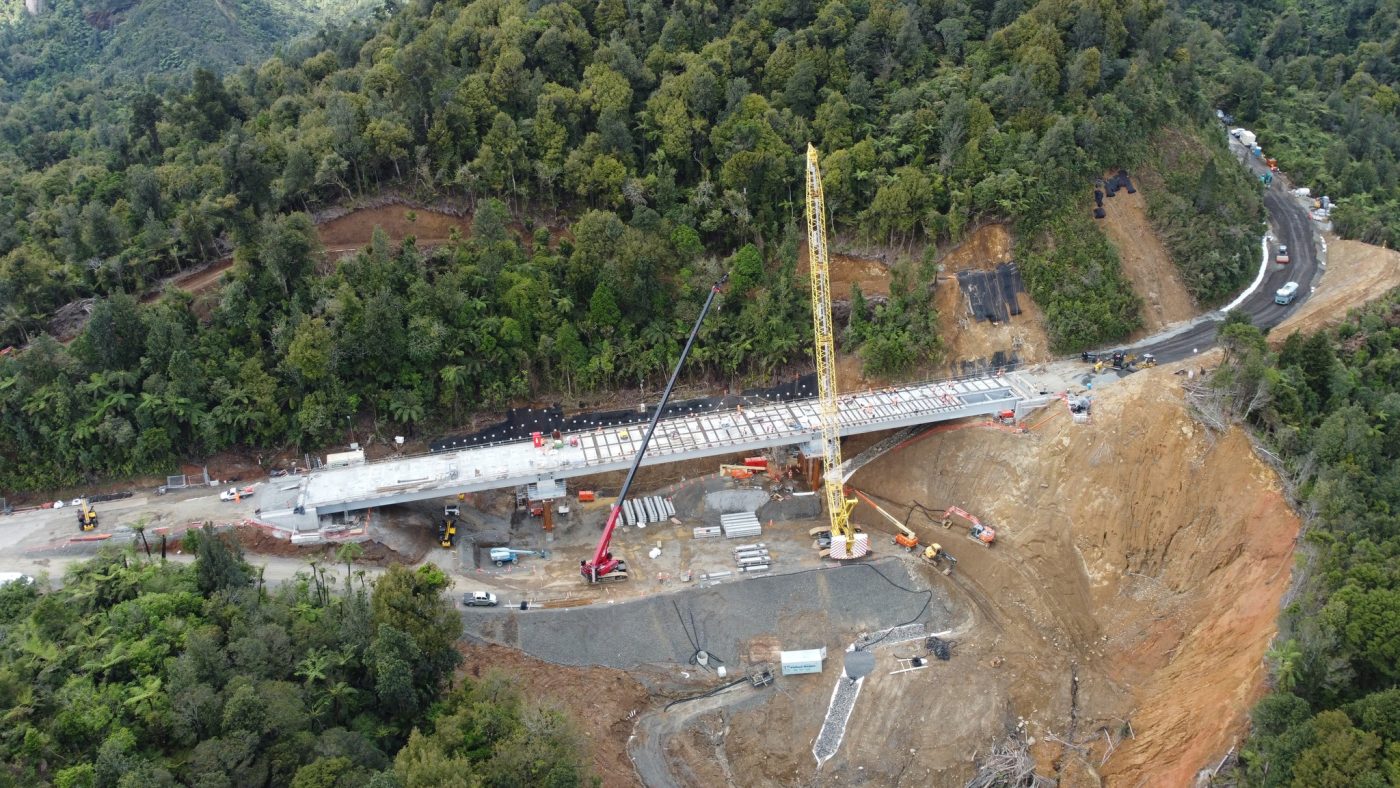|
Getting your Trinity Audio player ready...
|

- By Charles Miller
In early 2023, a section of the Coromandel Ranges gave way, taking with it a critical section of State Highway 25A.
Instead of a years-long recovery, authorities suspended normal consenting requirements, mobilised multiple contractors, and worked around the clock, rebuilding and reopening the road in just nine months – a remarkable achievement.
This rapid response offers a valuable lesson: when crisis strikes, decisive action trumps bureaucratic inertia.
The world now faces a different kind of collapse – a black swan flying through the global rules-based order, upending the stability that’s shaped trade and diplomacy for 80 years.
Major economies, including the UK, EU, and US, are pivoting away from development aid and free trade towards military spending and economic protectionism.
For a small, open, trading nation like New Zealand, this presents a serious challenge.
Our economy depends on global stability, yet the environment we operate in is fragmenting, growing more competitive, and becoming increasingly unpredictable.
Businesses exposed to international markets must accept that supply chains, customer bases, and competitive advantages will be disrupted by forces beyond their control.
The SH25A rebuild offers a useful parallel. After the road collapsed, there was no debate about whether to rebuild. The only question was how to do it faster, smarter, and with minimal disruption.
Businesses and governments must now adopt the same mindset: not clinging to what was, but preparing for what’s next.
This will demand hard pivots in economic policy, trade strategy, and corporate positioning. These shifts bring tension – how do we reconcile them with our core values of openness, inclusivity, and global collaboration?
The key to navigating this is trust, built on transparency, honesty, and engagement. The worst response to a changing world is pretending nothing is changing.
Leaders must acknowledge the dissonance. Some decisions will clash with historical values, but avoiding hard truths erodes credibility.
Frame change as an evolution, not a betrayal. We aren’t abandoning principles but adapting to preserve them.
Where necessary, mitigate the worst side effects. If development aid is scaled back, reinvest in Pacific partnerships. Engage stakeholders – decisions should not be imposed without explanation.
And finally, reaffirm commitment to values over time. Adapting today doesn’t mean abandoning principles forever.
The lesson from SH25A is clear: when the road collapses, the best response is not to mourn the old path, but to build the new one, faster, smarter, and with the future in mind.
New Zealand, and its businesses, must do the same.








